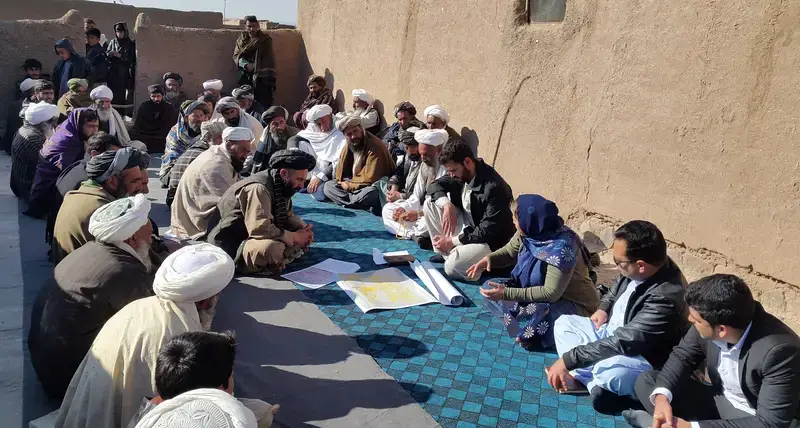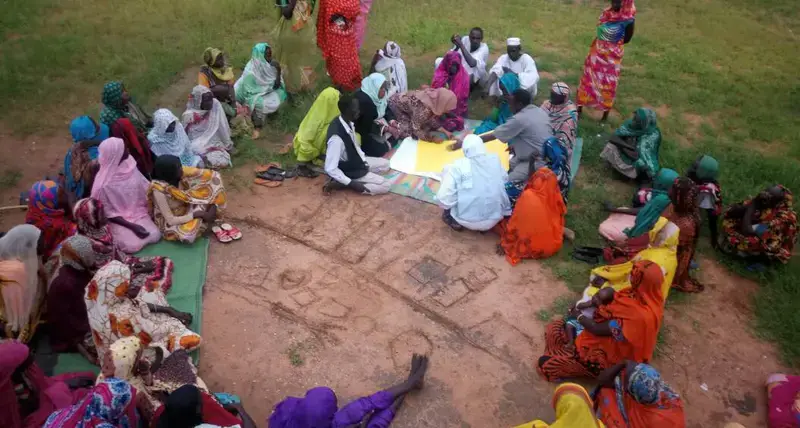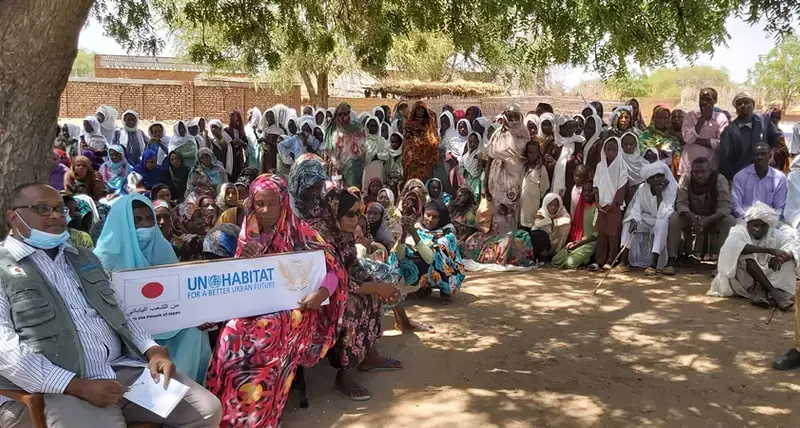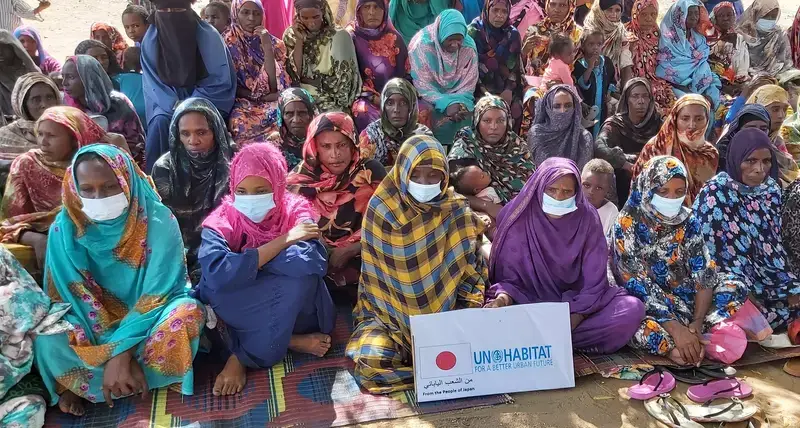Sudan has been experiencing long-lasting conflicts and tribal disputes particularly in five Darfur States as well as three Southern States including Blue Nile, South Kordofan and West Kordofan. To respond to the uprising challenges and economic opportunities in Sudan, UN-Habitat has been working on humanitarian, peace building and development assistance for the Government of Sudan.
Country: Overview
Country: Overview
Country: Overview
Impact
Country: Impact and Urban Numbers
Land allocated to 18,000 IDPs in Damazin, Blue Nile State with certificates of land titles.
Sketch map/plan produced for 52 return villages, including existing boundary and possible direction(s) of the settlements’ future expansion.
3,316,344 people in five Darfur states are enjoying the better access to health care through the rehabilitated/upgraded 30 health facilities.
Urban numbers
Country: Impact and Urban Numbers
5.1 million out of 40.5 million of the population (12.6 per cent) consists of Internal Displaced Persons (IDPs), refugees from neighbouring countries and returnees.
The refugee population in Sudan more than doubled in 2017, reaching 906,600 at the end of the year.
848,091 South Sudanese refugees in Sudan (additional sources estimate that there are 1.3 million South Sudanese refugees in Sudan; however, data requires verification).
Challenges
In Sudan, a large influx of population from rural to urban areas has been obviously accelerated due to the complexity of the country’s political, social and environmental challenges and opportunities. Sudan also has a high percentage of informal settlements and developments that has also caused urban challenges.
In the field of urban legislation, land and governance, the Government has been facing two key challenges. Firstly, a lack of National Urban Policy and its implementation strategy. Secondly, a strong desire of practical land resolution mechanism and land registration system.
Country Beneficiaries
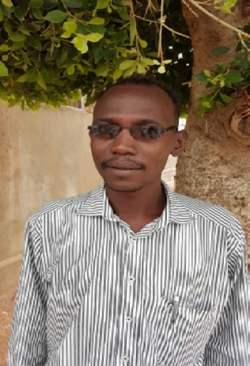
“After rehabilitation work by UN-Habitat, Um Labasa Rural Hospital has helped us and saved many lives. When the hospital was closed, we used to travel big cities. The travel was not easy especially during the rainy season when the roads are blocked.”
Adam Abdelrahman, Farmer in Um Labasa, South Darfur
Donors and partners
UN-Habitat Sudan has been actively engaging with key government counterparts both in federal and state level, key UN agencies, donor communities and international/national organizations in the country. In compliance with Sudan UNDAF 2018-2021 and Humanitarian Response Plan, UN-Habitat Sudan Office has been working under the coordination of Sudan United Nations Country Team (UNCT) and Humanitarian Coordination Team (HCT) in order to assist bridging humanitarian response and development support in line with the principle of Humanitarian, Peace Building and Development Nexus.
Donors
Contact
Legacy content
Sudan is a post-conflict country that aspires to forge and maintain a sustainable peace. According to different studies, the rapid urbanization process observed in Sudan has been determined by four main factors. These are the massive flows of rural-urban migration and displacement due to extended conflicts which afflicted certain parts of the country; the ensuing natural disasters, especially drought and its consequences; the complex pattern of the country’s political development since independence and the inadequate state of rural development in the country resulting from territorial-imbalanced development.
While cities and towns in Sudan face many challenges, urbanization processes offer an opportunity to trigger sustainable processes of development, harnessing the capacity and aspirations of the people from urban areas. Achieving sustainable urbanization will therefore require attending, in a balanced manner, the needs of cities and towns as well as of those peri-urban and rural areas with which they have mutually dependent social, economic and environmental interactions.
In this context the Sudanese government will embark on the formulation and development of an integrated strategy for urbanization based on partnership with the private sector and community participation. Preliminary steps and actions has already been taken with respect to the preparation of the project document, initial funding was allocated by the government and a number of donors were approached for funding. The main objectives of the strategy are:
- Apply a more efficient strategy to the use of natural resources (particularly land) in order to reduce conflict and protect these resources for future generations.
- Ensure the settlement for the expected population increase until 2031 to reduce the informal and squatter growth and ultimately reduce poverty.
Wael al-Ashhab
UN-Habitat Sudan
Key Partners
All of UN-Habitat Sudan’s projects are developed, implemented and monitored in partnership with the relevant Sudanese ministries to ensure they are in line with the National Development Plan and it’s priorities. To institutionalize the relation with the main government counterpart, a Memorandum of Understanding (MoU) was signed between UN-Habitat and the Federal Government of Sudan (GoS) in November 2010 and renewed in January 2015, with the main purpose of establishing a framework for collaborative efforts on national development programmes and activities related to sustainable urbanization and to harmonize physical planning in Sudan. It should enable both partners to identify common interest and priorities. UN-Habitat has provided technical and financial assistance to the national government of Sudan and the National Habitat Committee for the formulation of the national report for the 3rd United Nations Conference on Housing and Sustainable Urban Development (Habitat III) based on the guidelines provided. The national report was prepared on a bottom-up participatory approach and brought together relevant Sudanese public officials from federal and state governments, representatives from civil society organizations, academia, research institutions, media, the United Nations and international donors, private sector and community groups. The national report was finally approved by the government of Sudan.
